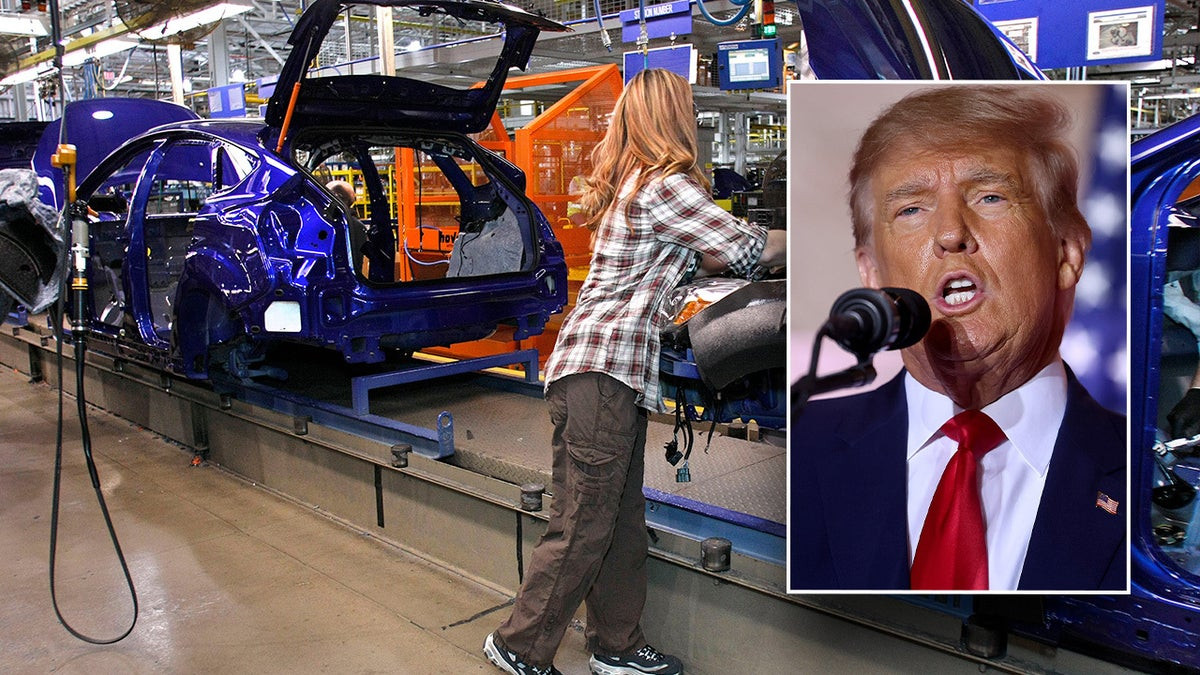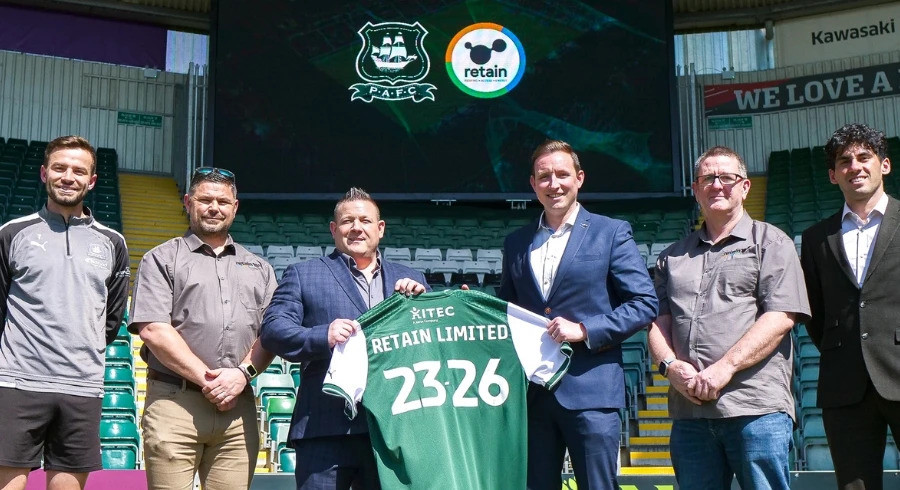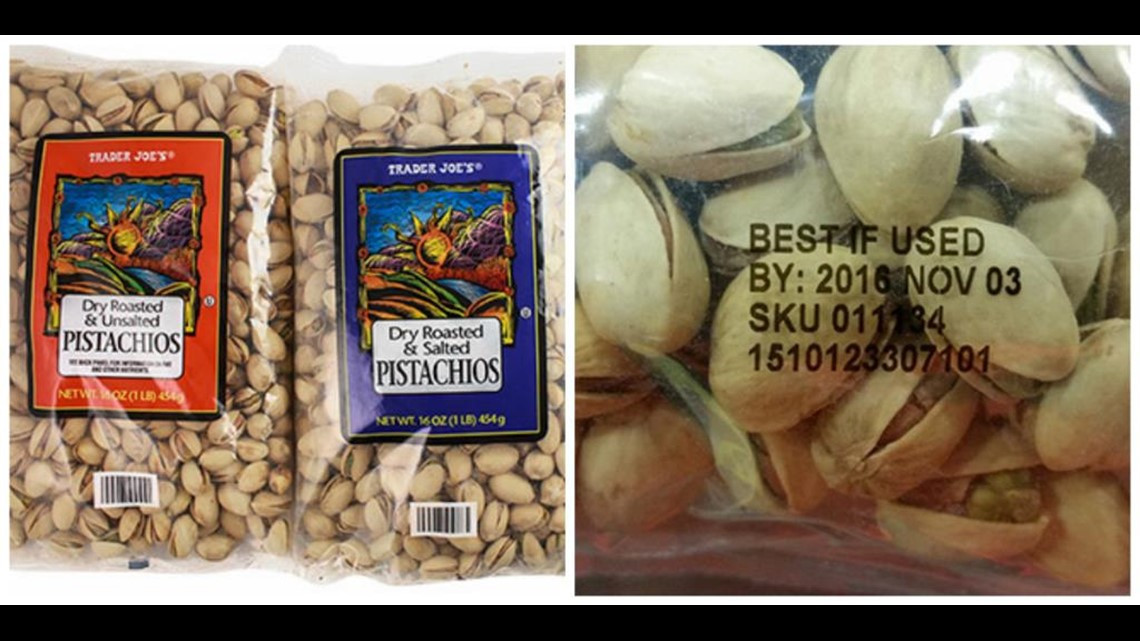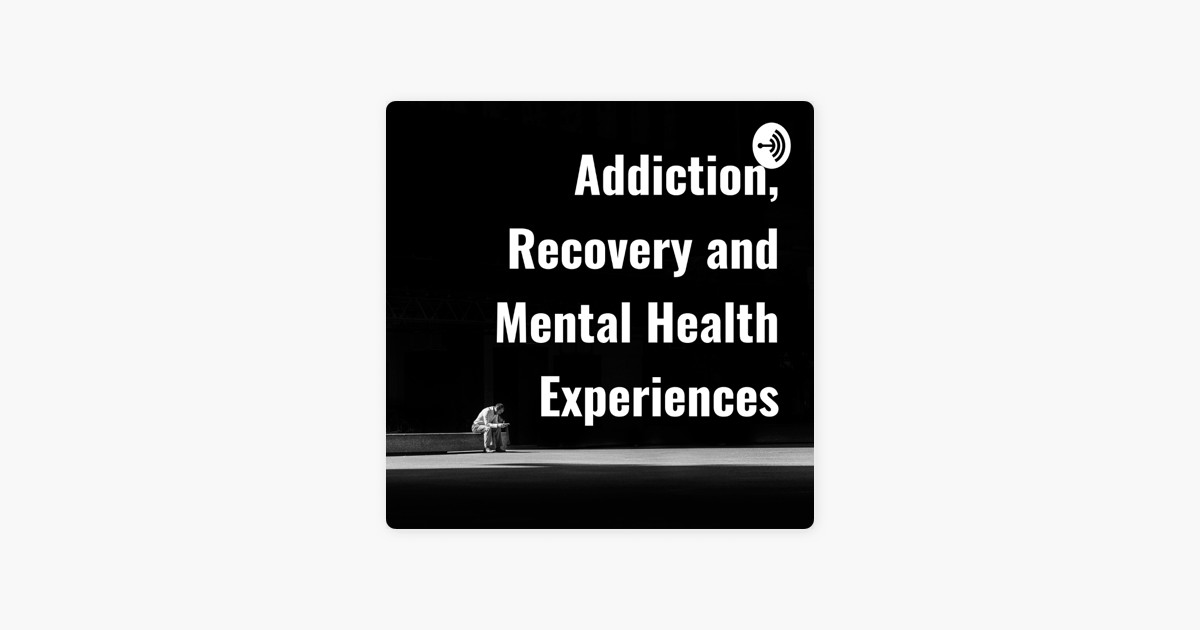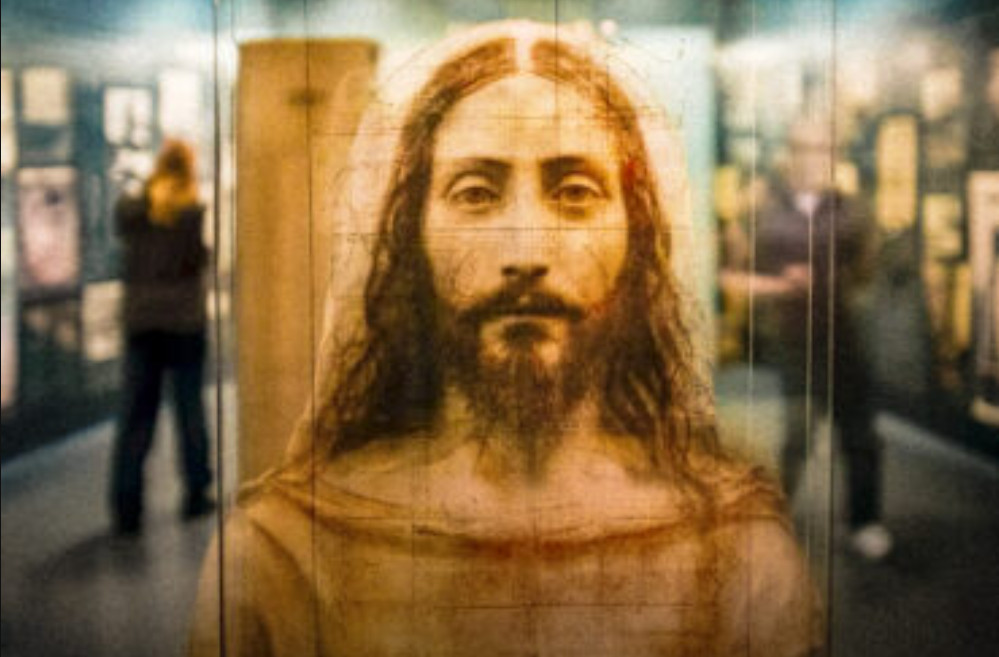During the Democratic National Convention on Monday night, United Auto Workers President Shawn Fain made a statement with more than just his words. Wearing a red shirt that read “Trump is a scab. Vote Harris,” Fain caught a lot of attention.
But what does “scab” mean, and why is it such a big deal?
In simple terms, a “scab” is someone who works during a strike, crossing the picket line while others are protesting for better conditions. It’s a word that union members use as an insult, implying that the person is betraying their fellow workers by not standing with them.
A few minutes into his speech — and shortly after his first mention of the word scab elicited a crowd chant of “Trump’s a scab” — Fain pulled off his blue sport coat and revealed the red T-shirt emblazoned with the dig “Trump is a scab.”
Fain called Trump a scab a few more times in his remarks. He’s attacked the GOP nominee several times since the Republican National Convention last month, criticizing Trump over his track record on labor rights, accusing him of siding with employers over workers during strikes and union disputes.
The term “scab” is a powerful one in the world of labor unions, carrying with it a long history of animosity and resentment. It’s a term that’s often used to describe workers who cross picket lines during strikes, a move that is seen as a betrayal of their fellow workers.
The use of the term “scab” in this context is not new. It has been used by union members for decades to describe workers who they believe are betraying the cause of labor. The term is considered to be highly offensive by many union members, and its use can lead to heated arguments and even violence.
Fain’s use of the term “scab” to describe Trump was a bold move, one that is likely to further inflame the already tense relationship between the Trump administration and labor unions. It’s a move that is sure to be debated and analyzed for weeks to come.
Trump’s Record on Labor
Trump’s relationship with labor unions has been contentious since he first entered the political arena. He has repeatedly criticized unions, calling them “corrupt” and “ineffective.” He has also made it clear that he favors businesses over workers, a stance that has alienated many union members.
During his presidency, Trump’s policies have been seen by many as being harmful to workers. For example, he has appointed judges who are known to be hostile to labor unions. He has also rolled back regulations that protect workers, such as those that require employers to provide overtime pay.
Trump’s record on labor has made him a target of unions, who see him as an enemy of their cause. This is reflected in the strong opposition that Trump has faced from labor unions during his presidency.
The UAW’s Endorsement of Harris
The UAW’s endorsement of Harris is a significant development in the 2024 presidential race. It signals that the union is hoping to mobilize its members to vote for a candidate who they believe will be more supportive of their interests.
The UAW’s endorsement is likely to be a major boost for Harris’ campaign. The union has a large and active membership, and its endorsement could help to sway voters who are undecided about who to support. It could also help to energize the Democratic base.
However, the UAW’s endorsement of Harris is not without its risks. Some union members may be hesitant to support Harris, given her past support for policies that are seen as being harmful to workers. Additionally, the UAW’s endorsement could alienate some voters who are opposed to the union’s agenda.
The Future of Labor
Fain’s use of the term “scab” and the UAW’s endorsement of Harris are just two examples of the growing tension between labor unions and the Trump administration. This tension is likely to continue in the years to come, as unions try to protect their interests in an increasingly hostile political environment.
The future of labor is uncertain. However, it is clear that unions will continue to play a significant role in American politics. They will continue to advocate for policies that they believe will benefit workers, and they will continue to oppose policies that they believe will harm workers. The outcome of the 2024 presidential election is likely to have a significant impact on the future of labor in the United States.
What’s Next for Labor?
The future of labor is uncertain, but it is clear that unions will continue to play a significant role in American politics. They will continue to advocate for policies that they believe will benefit workers, and they will continue to oppose policies that they believe will harm workers. The outcome of the 2024 presidential election is likely to have a significant impact on the future of labor in the United States. This means that the 2024 election is a pivotal moment for labor unions and workers across the country. The stakes are high, and the outcome of the election could have a lasting impact on the lives of millions of Americans.
The election will determine whether the country will continue on a path that is beneficial to workers or whether it will move in a direction that is harmful to workers. This is a critical election for the future of labor, and the outcome of the election will have a significant impact on the lives of workers for years to come.




